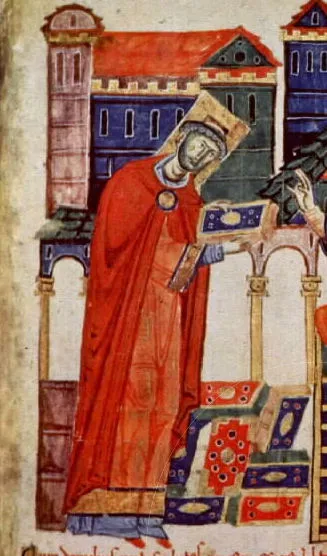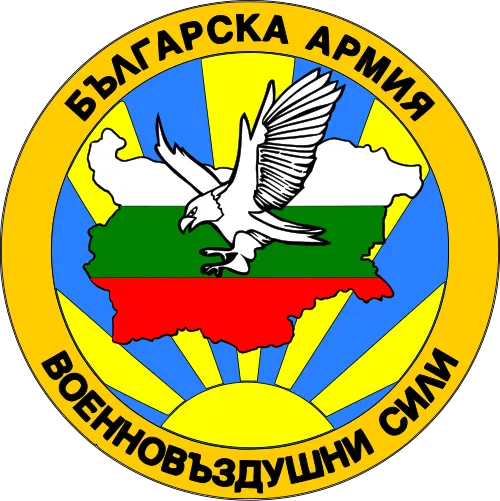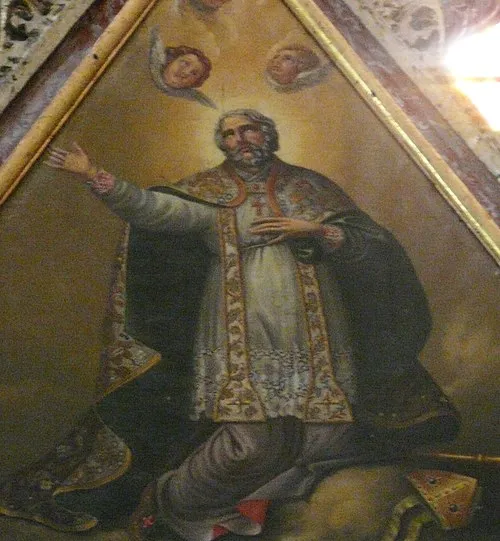
Pope Victor III: The Life and Legacy of a Significant Papal Figure
Pope Victor III, born Dauferius in 1026, served as the 149th pope of the Roman Catholic Church from 1086 until his death in 1087. His papacy was brief but impactful, marked by crucial developments in ecclesiastical politics and the ongoing Investiture Controversy, a struggle between the church and secular authorities.
Early Life and Rise to Papacy
Victor III hailed from a noble family and was educated at the Benedictine monastery of Monte Cassino. His background in monastic life shaped his ecclesiastical perspective, leading him to become deeply involved in church reform movements. Recognized for his leadership qualities, he was elected abbot of Monte Cassino and later became a cardinal under Pope Gregory VII.
The Papacy of Victor III
Following the death of Pope Gregory VII, Victor III was selected as pope, a choice predominantly supported by reform-minded factions within the church. His papacy was characterized by a commitment to continue Gregory’s work in restoring and enhancing the power of the papacy, especially in the face of secular challenges. Victor III faced opposition right from the start, with tension brewing as he navigated alliances and rivalries across Europe.
Contributions to Church Reform
Victor III's papacy focused heavily on church reform. He vehemently opposed the practice of simony (the buying or selling of ecclesiastical offices), emphasizing the need for moral and ethical integrity within the church hierarchy. His encyclical letters often called for the eradication of corrupt practices, a theme that resonated throughout his brief papal reign.
Role in the Investiture Controversy
During his papacy, Victor III played a crucial role in the Investiture Controversy, a dispute primarily between the popes and European monarchs regarding the appointment of bishops and other church officials. Victor continued the policies of his predecessor, firmly supporting the papal authority against the encroachments of kings and emperors. He aligned with reformist ideals that advocated the separation of church and state, which helped solidify the papacy's influence in political matters.
Challenges Faced
Despite his noble intentions, Victor III faced numerous challenges during his papacy. His reign was largely overshadowed by political instability, both within Italy and abroad. Local powers, especially the Normans in southern Italy, posed significant obstacles, leading to various conflicts that undermined his authority. Furthermore, health issues plagued Victor III, limiting his ability to address these challenges effectively.
Death and Legacy
Pope Victor III passed away on September 16, 1087, after a pontificate lasting just over a year. Though his time as pope was short, his commitment to reform left a lasting imprint on the church. He is often remembered as a staunch supporter of papal independence and moral integrity, ideals that would continue to influence the church's trajectory.
Conclusion
Pope Victor III's legacy, though often overshadowed by other prominent popes, remains significant in the context of the church's history. His efforts to promote reform and defend papal authority during a tumultuous period set the stage for future developments in the Catholic Church. The principles he embodied continue to inspire those within the Catholic faith and beyond, as the church continues to navigate the complex relationship between spiritual and temporal power.






